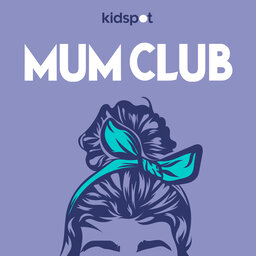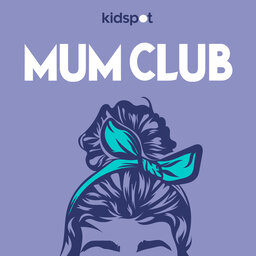Dr Golly on why we’re seeing more allergy cases in kids
Happy Wednesday, Mum Clubbers! Today, we sit down with the incredible Dr. Golly, a renowned Aussie pediatrician and friend of Kidspot, to chat about all things allergies. Plus, Leah shares her frustration with cancelled school events and her list of parenting fails for the week.
Check out Aussie paediatrician weighs in on why we’re seeing more allergy cases in kids
We'd love to hear from you, join the Mum Club:
Write to us: mumclub@news.com.au
Instagram and Facebook: @kidspot
TikTok: @kidspot.com.au
Read More: www.kidspot.com.au
Follow Em and Leah: @emblatchford_kidspot @leahgoulis_writer
In 1 playlist(s)
Mum Club
Welcome to Mum Club! Don't worry, we're not your regular mum's group. This is a judgement-free paren…Social links
Follow podcast
Recent clips

Thanks For Clubbing With Us
20:16

#AdviceNeeded: My child is the daycare biter
15:46

Is Easter the new Christmas?
27:05
 Mum Club
Mum Club